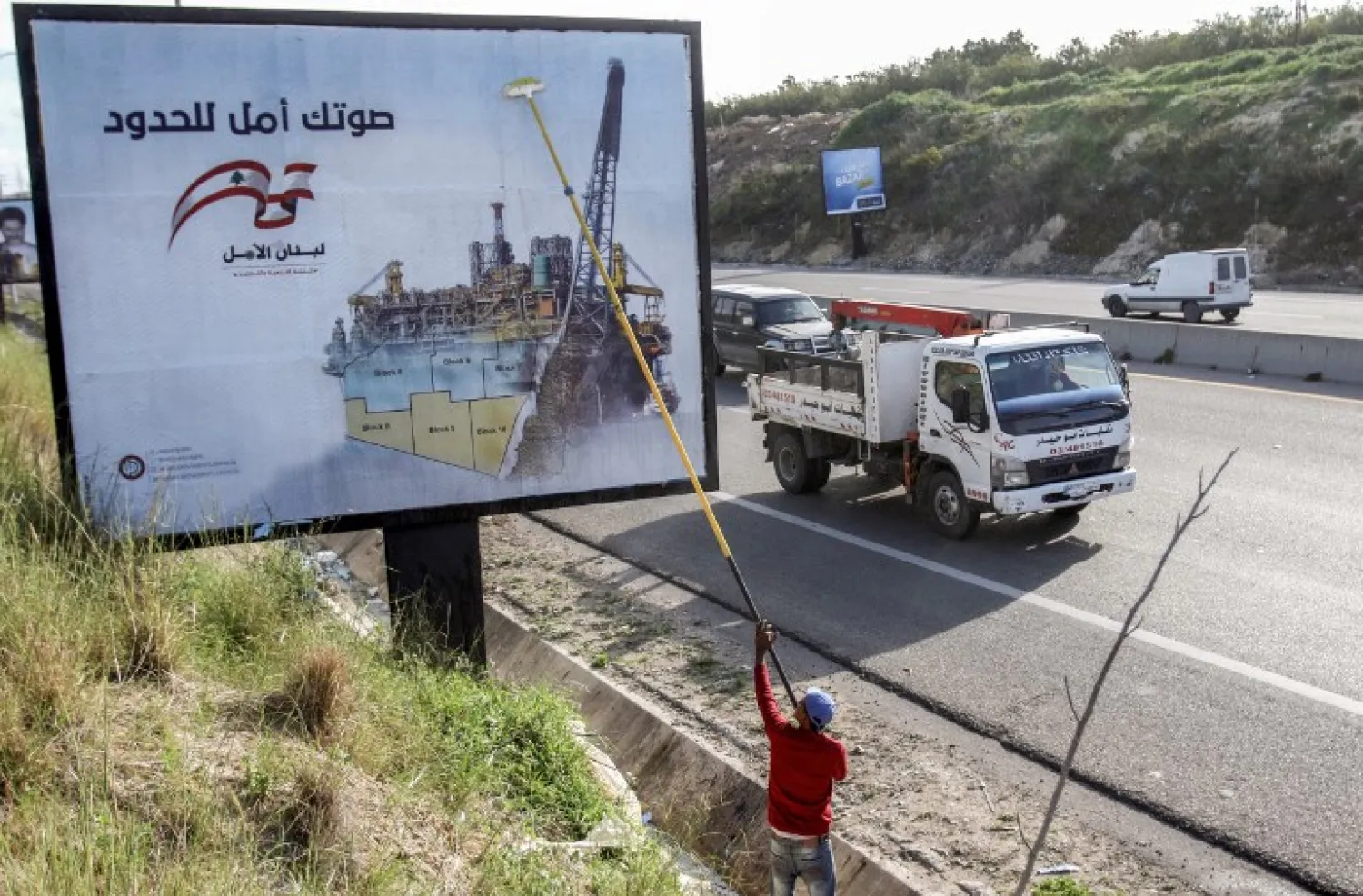The decision of former Speaker Hussein Husseini to withdraw his candidacy from the May 6 parliamentary race in Lebanon’s Baalbek-Hermel district came to serve the so-called Shi’ite duo, Hezbollah and the Amal Movement, and embarrassed the Free Patriotic Movement, which ended up striking an alliance with ex-regional secretary-general of the Baath party in Lebanon Fayez Shokr.
Husseini’s withdrawal on Sunday came a day before the final deadline for registration of lists.
His previous “Civil Resistance” list included Ali Zoaiter, Mohammad Haidar, Abbas Yaghi, Ali Sabri Hamadeh, Ghada Assaf, Massoud Al-Hujjeiri, Abdullah al-Shall, Free Patriotic Movement candidate Michel Daher and Shawki Fakhri.
Currently, there are five lists competing in the Baalbek-Hermel electoral district, mainly the list of the Shi’ite duo and another one supported by both the Mustaqbal Movement and the Lebanese Forces.
Candidates Daher and Ghada Assaf, who were both representing the FPM party in the Civil Resistance list, announced on Monday they are running on the list of Shokr, and said that their dispute with “Hezbollah” was not based on political grounds.
“Hezbollah is an ally, and therefore, we are not running against the party. We just want to change the same figures that have been elected as deputies in the past years,” Daher told Asharq Al-Awsat.
He said he hopes to break the list of the Shi’ite duo by winning two seats, one Shi’ite and one Christian.
The list supported by Mustaqbal and the LF was on Monday optimistic that it would win seats after the withdrawal of Husseini from the race.
However, Researcher at Information International Mohammed Shamseddine told Asharq Al-Awsat that Husseini’s withdrawal would serve the Shi’ite duo and not the other competing lists.
Other sources in Baalbek echoed Shamseddine’s view and said Husseini’s decision would definitely serve Hezbollah and Amal.
His withdrawal angered Abdullah al-Shall, a candidate running on Husseini’s list.
He told Asharq Al-Awsat that the former speaker’s move confused the list, particularly that it came immediately before the expiry of the deadline for the registration of tickets.
“Despite Husseini’s improper step, we will remain in the race,” he said, expressing confidence in the ability to win the Sunni seat in the district.









